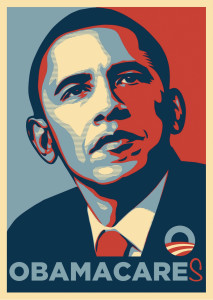
CO-04 (Special Election)
See Full Big Line
(R) Greg Lopez
(R) Trisha Calvarese
90%
10%

President (To Win Colorado)
See Full Big Line
(D) Joe Biden*
(R) Donald Trump
80%
20%↓

CO-01 (Denver)
See Full Big Line
(D) Diana DeGette*
90%

CO-02 (Boulder-ish)
See Full Big Line
(D) Joe Neguse*
90%

CO-03 (West & Southern CO)
See Full Big Line
(D) Adam Frisch
(R) Jeff Hurd
(R) Ron Hanks
40%
30%
20%

CO-04 (Northeast-ish Colorado)
See Full Big Line
(R) Lauren Boebert
(R) Deborah Flora
(R) J. Sonnenberg
30%↑
15%↑
10%↓

CO-05 (Colorado Springs)
See Full Big Line
(R) Dave Williams
(R) Jeff Crank
50%↓
50%↑

CO-06 (Aurora)
See Full Big Line
(D) Jason Crow*
90%

CO-07 (Jefferson County)
See Full Big Line
(D) Brittany Pettersen
85%↑

CO-08 (Northern Colo.)
See Full Big Line
(D) Yadira Caraveo
(R) Gabe Evans
(R) Janak Joshi
60%↑
35%↓
30%↑

State Senate Majority
See Full Big Line
DEMOCRATS
REPUBLICANS
80%
20%

State House Majority
See Full Big Line
DEMOCRATS
REPUBLICANS
95%
5%
 March 13, 2020 09:56 AM UTC
March 13, 2020 09:56 AM UTC 2 Comments
2 Comments If you’re seriously ill with the coronavirus and don’t seek treatment because you lack health insurance, you’re more likely to get even sicker or die.
If you’re seriously ill with the coronavirus and don’t seek treatment because you lack health insurance, you’re more likely to get even sicker or die.
Would it be fair to describe a repeal of ACA as a " death panel" or even a death sentence?
You can keep your doctor—if they don’t die from Covid-19.